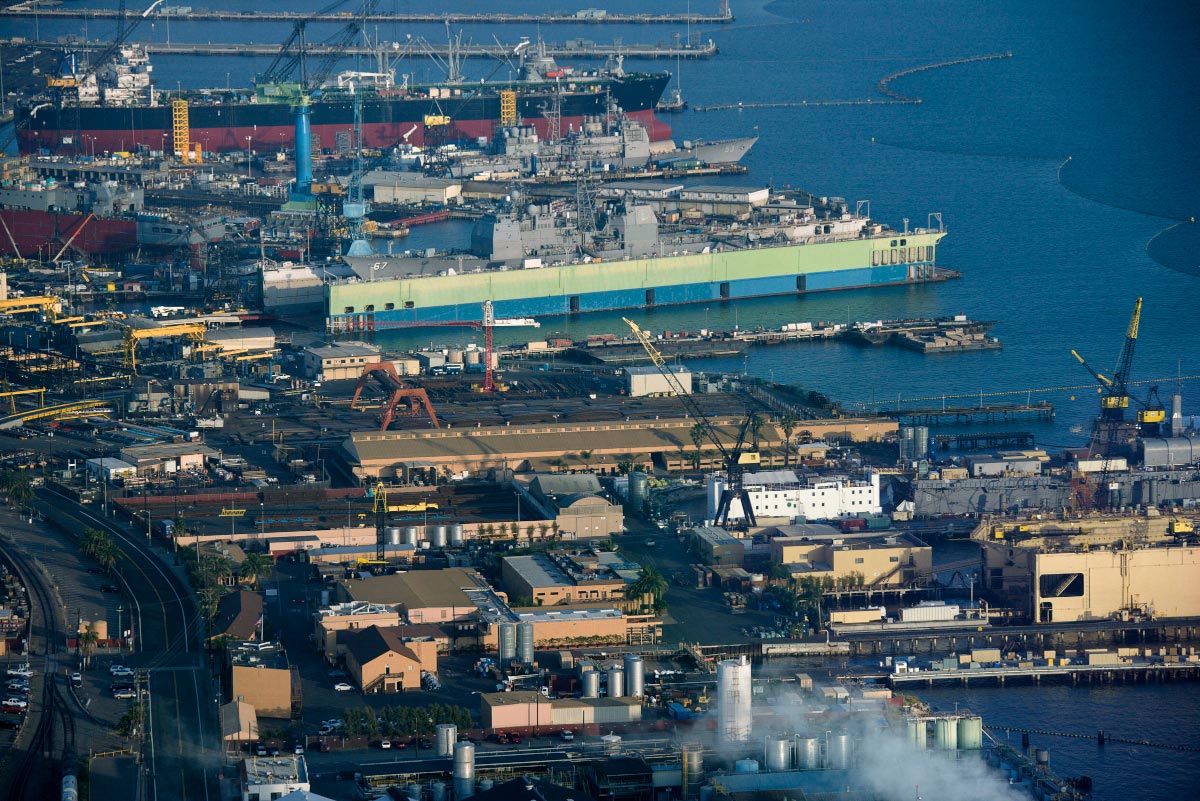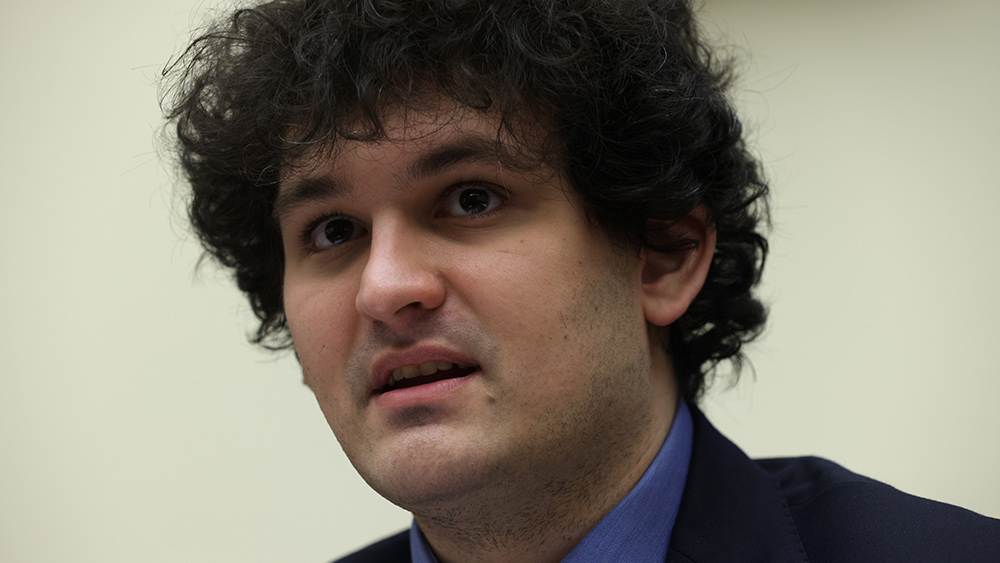 Parler
Parler Gab
Gab
The global economy is grinding to a halt as inflation continues to soar
Based on the new standards, the U.S. is expected to "officially" enter a recession in 2024 as the effects of monetary tightening take their toll. Some believe that the dollar will hold roughly steady through the winter months before dropping off a cliff next year. As poorly as the U.S. is doing right now economically, the Eurozone is reportedly doing much worse. There, growth momentum is declining at the most rapid pace, while the U.S. economy has seemingly magically continued to "hang in there." Factory job losses across Europe are increasing as new orders decline and business confidence deteriorates. In its 26-year history, the Eurozone HCOB PMI report has never seen this severe of a decline in new product orders across Europe. The European car sector is struggling as well, and EU leaders have launched their own probe into illegal state subsidies in the Chinese car sector. It remains to be seen what will become of the trade relations between the EU and China moving forward. "At the end of the day, we believe that the most likely scenario is a negotiated settlement that would either result in some protective measures and / or entails an agreement on Chinese investments in Europe in either the car or the battery sector," reported Zero Hedge. The European Commission says it will also assess the risks of four critical technologies: semiconductors, artificial intelligence, quantum technologies and biotechnologies such as vaccines and genome sequencing. The aim is to ensure that these technologies are not "being weaponized by countries not aligned with its values." For the first time since April, there has also been an acceleration in the rate of inflation both here and abroad. There have likewise been substantial increases in energy prices, particularly during the month of September. "Some further tightening of monetary policy may be required to ensure that inflation returns to target in a reasonable timeframe, but that will continue to depend upon the data and the evolving assessment of risks," reads a statement from Reserve Bank of Australia (RBA) head Michelle Bullock about the dire situation there. All in all, the global economic climate is getting uglier and uglier as it nears falling off a cliff, never again to return to what it once was. The end of Western dominance over world affairs is now in sight. Learn more at Collapse.news. Sources for this article include: ZeroHedge.com Newstarget.comHYPOCRISY: U.S. to INCREASE IMPORTS from Russia amid economic sanctions on Moscow
By Zoey Sky // Share
Sam Bankman-Fried tried to recoup losses by opening fake accounts using IDs of Thai prostitutes
By Arsenio Toledo // Share
Social media use linked to TEENAGE DEPRESSION, warn mental health experts
By Zoey Sky // Share
Oil prices surge following large-scale clashes between Israel and Palestine
By Arsenio Toledo // Share
U.S. mortgage rate surges to highest level in over two decades
By Richard Brown // Share
Governments continue to obscure COVID-19 vaccine data amid rising concerns over excess deaths
By patricklewis // Share
Tech giant Microsoft backs EXTINCTION with its support of carbon capture programs
By ramontomeydw // Share
Germany to resume arms exports to Israel despite repeated ceasefire violations
By isabelle // Share









